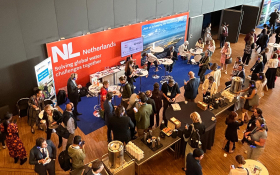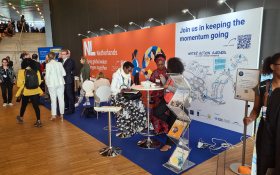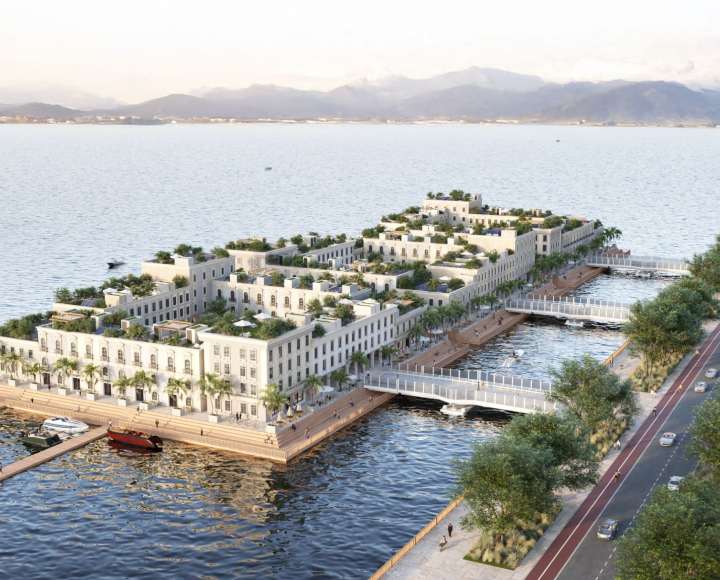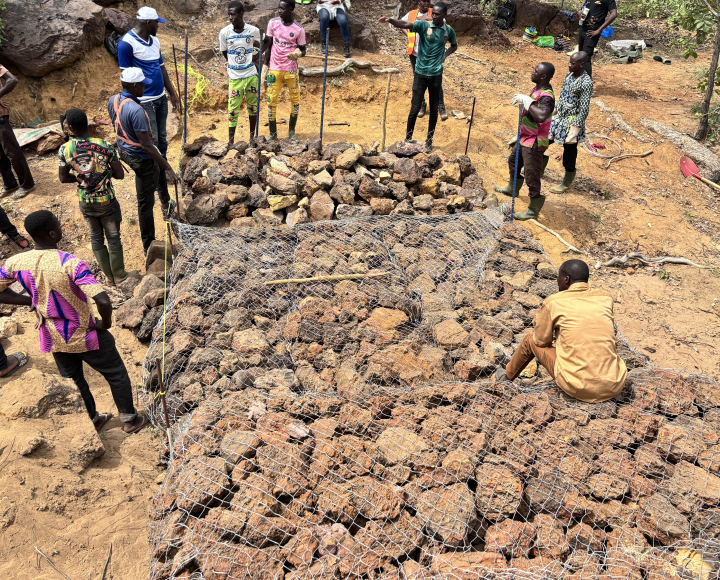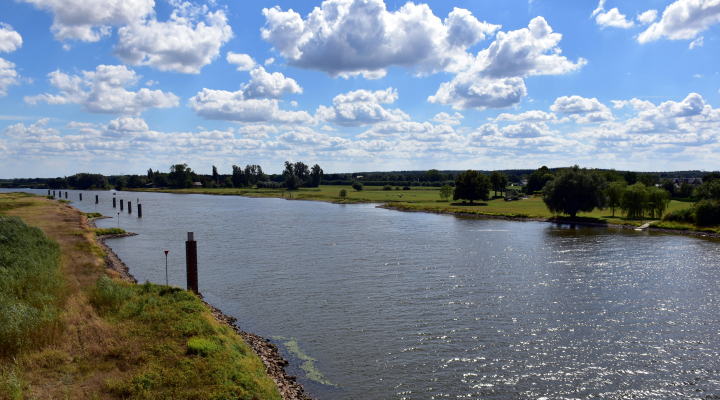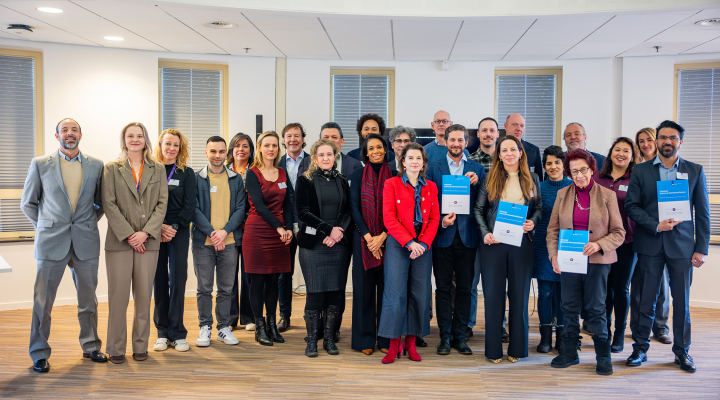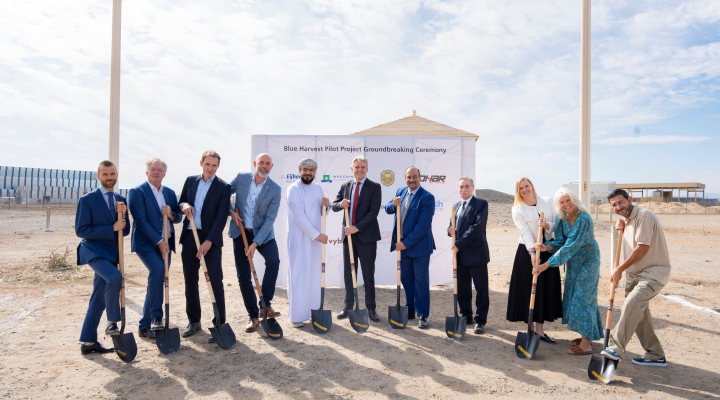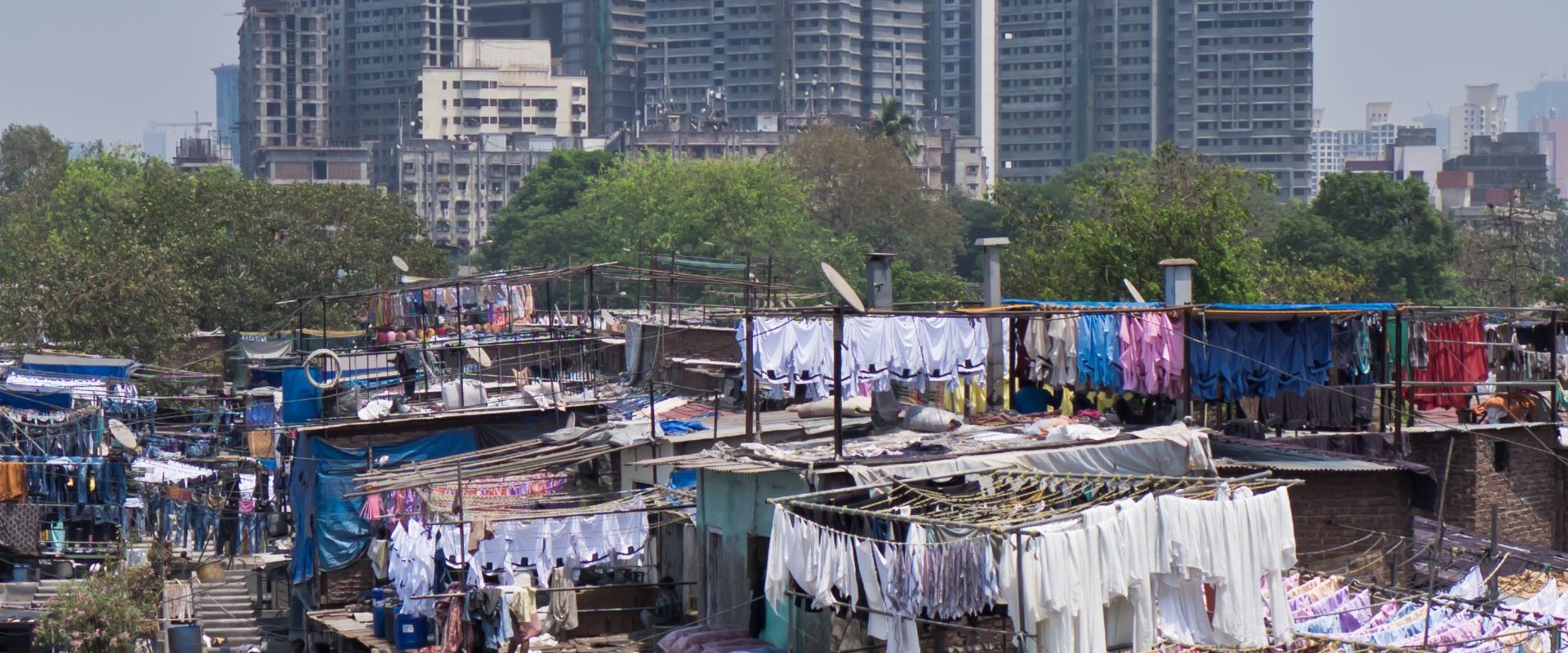
Delivering on our promise: Building a robust green & blue pipeline
Ahead of World Water Week At Home, the Government of the Netherlands, official partner of the week, calls for a new approach to recovery after Covid-19. We need to accelerate and expand a robust pipeline of investment opportunities across the 2030 Agenda, writes Henk Ovink, Dutch Special Envoy for International Water Affairs, in this blog post.
About 80 percent of the seven million residents of Dharavi—the largest urban slum in Asia, located in Mumbai, India—have no running water. How can they be expected to wash their hands frequently, or practice social distancing to prevent the spread of Covid-19?
The mix of challenges posed by climate change, fragility and public health risks are already felt the hardest in the vulnerable communities, where people can only dream of facing ‘problems’ like ours. This is why issues around climate change, valuing water and the Covid-19 crisis will be in focus during World Water Week at Home – this year’s virtual adaptation of Stockholm World Water Week 2020.
In places already plagued by war, climate change and poverty, Covid-19 is the breaking point. The pandemic not only exposes how complex and interconnected our challenges are; it also reveals transcending solutions. Investing in water, sanitation, and hygiene (WASH) is the first line of defence and the first step towards a sustainable recovery. Never has the sixth UN Sustainable Development Goal (SDG) been more vital for saving and protecting lives. But to deliver on our promise of the SDGs, we need collective commitment, continuity in our programmes and consistency of our ambitions.
From crisis to positive action
For the Netherlands, water matters because it strengthens the future health and economic sustainability for all, ensuring we leave no one behind. The Netherlands consistently commits to contributing our experience and understanding of water management to all global challenges. Now we have the responsibility to translate the exposed vulnerabilities from this crisis into positive action.
Together we must take a step forward and invest in water capacity, management, and infrastructure – blue, green, and grey. It is time to invest in integrated, inclusive, and sustainable water programs and projects. Doing so pays off, according to the UN, every US$ 1 invested in safe drinking water in urban areas yields more than US$ 3 in saved medical costs and added productivity. For every US$ 1 invested in basic sanitation, society makes US$ 2.50 back. In rural areas, US$ 7 is gained or saved for every US$ 1 invested in clean drinking water.
Building investment opportunities
So far, we have failed to seize this opportunity. We continue to invest in infrastructural projects from the past, taken from the shelves, to fill economic stimulus packages. Focused on jobs, jobs, jobs for fast economic recovery, these projects offer no added value for integration, inclusion, or sustainability. The full 2030 Agenda for Sustainable Development with all 17 SDGs should lead the way for recovery, and really prepare us for the challenging future ahead. Investing in water across the agenda is the added value enabler we so urgently need.
While we have great and inspiring examples, we lack a steady flow of sustainable investments. Our promises compete with outdated infrastructure investments. Our commitment is challenged by vested interests in past mechanisms. We need to accelerate and expand a robust pipeline of investment opportunities across the 2030 Agenda. We must practice what we preach.
If we continue replicating the past, we’ll end up more vulnerable, more unequal and more fragile than before. That will get the residents of the Dharavi urban slum nowhere. So let’s build a robust blue and green pipeline of sustainable and transformative investment opportunities now and start to deliver on our promise!




